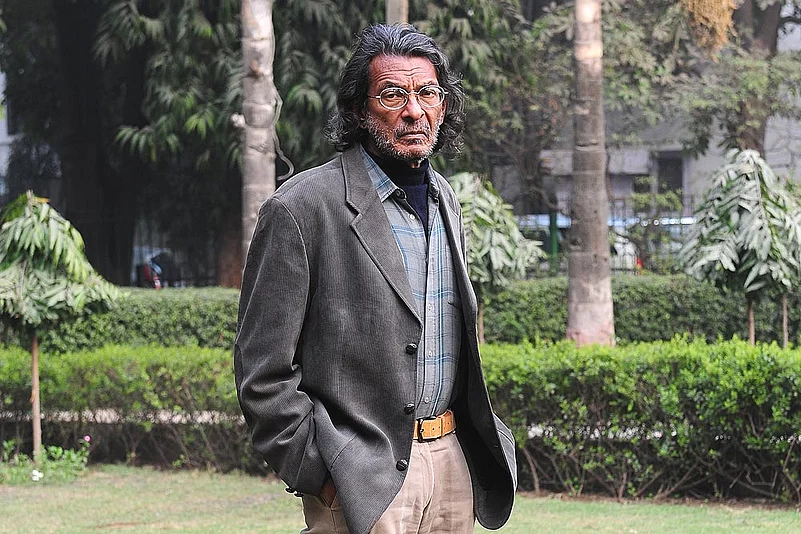I have been to the Other Goa—a small step, and a lifetime, away from the 'Go Goa' fantasy of sun-kissed beaches, green vistas, casinos, flea markets, raves and trances. This Other Goa has been raped and ravaged—by mining and thoughtless, relentless construction to feed the tourism and real estate business...and it bleeds.
I am reminded of it as I pore through Eat Dust: Mining and Greed in Goa, by Hartman de Souza, writer, teacher, actor and artist. It’s a history of and status report on mining, largely covering 2006-11, which de Souza calls the ‘Age of Greed’, and the impact it has had on this tiny coastal state. But that’s too dry a definition of a book that is written in blood, much like an anguished letter of unrequited love. It talks of a beloved, beautiful land, ravaged and lost to rampant, ill-planned and illegal extraction of iron ore, and it ends almost in hope, eloquently evoked by describing the gurgling and gushing of a stream through forests that were slowly reviving after the Supreme Court ordered a halt to mining in 2012. But the ban was lifted in September last year, ironically making this a timely book.
In 2008-09, Goa produced 38 million tonnes of iron ore, mostly of which was exported to China and Japan. This was extracted by open-cast mining, whereby mountains are blasted and the earth is ripped up. For the environment, no method could be worse. Some 30 million tonnes of mining detritus flowed annually into Goa’s rivers: the Mandovi, Goa’s lifeline, is estimated to have carried 2 lakh tonnes of sediment every year. Illegalities abounded—in extraction, export, transport, waste disposal—and the Goa Foundation, an activist group, had contested them in court. The Supreme Court ban came in response to the Shah commission report (2011), which noted that illegal mining had caused a Rs 35,000 crore to the exchequer in the last 12 years.
In 2010, visiting Goa for a story when mining was at its peak and the battle for the environment at fever pitch, I visited Bicholim, Rivona, Maina, Quepem, Netravali, the Khushavati river—all mining hotspots where forests were razed and even designated sanctuaries pillaged by mining companies. Mining was ruining Goa’s forests, rivers, soil and indeed the very fabric of life, forcing people to leave their villages, their fields rendered infecund.
De Souza’s chronicle is personal. His journey starts on a hill near his sister’s home in Maina, a small village at the foothills of the Western Ghats. So thick was the forest, the hill was an impossible climb. When he finally managed the trek in the 1990s, he says, he ended up almost stepping on a snake. There were frogs, crabs, spiders, deer, porcupines, gaur, leopard and the occasional tiger. Then the hill just vanished—hacked, raked down and reduced to orange dust. The disappearance left him fuzzy-headed, and he writes, he wondered how to come to terms with the deliberate peacetime destruction of the agricultural practices and everyday life of a people. So begins a travelogue, on the trail of a missing hill, taking him across Goa’s “burnished orange deserts” where once stood verdant forests, fecund fields. His hard investigative journalism, backed by hard data, spares none—mining giants, politicians, the bureaucracy and a corrupted media, exposing the nexus between them.
The book is also a family memoir. Perhaps the most poignant and inspiring part of the book is about de Souza’s feisty sister Cheryl, who took on the powers that were after her ore-rich farm, finally chaining herself and her equally spunky 83-year-old mother to a mine entrance and courting arrest.
Some might call the book an emotional account. It surely is, and how can it not be? And that’s what makes it a riveting read. Besides telling of the rape of Goa, it raises larger questions about our much-vaunted ‘development’ model, through which today’s greed will end up starving future generations.
(Bindra edits TigerLink and is a former member of the National Board of Wildlife.)
The Word
De Souza has a varied background, having worked in education, theatre and journalism. Till recently, he was artistic director of the Space Theatre Ensemble, Goa.


























